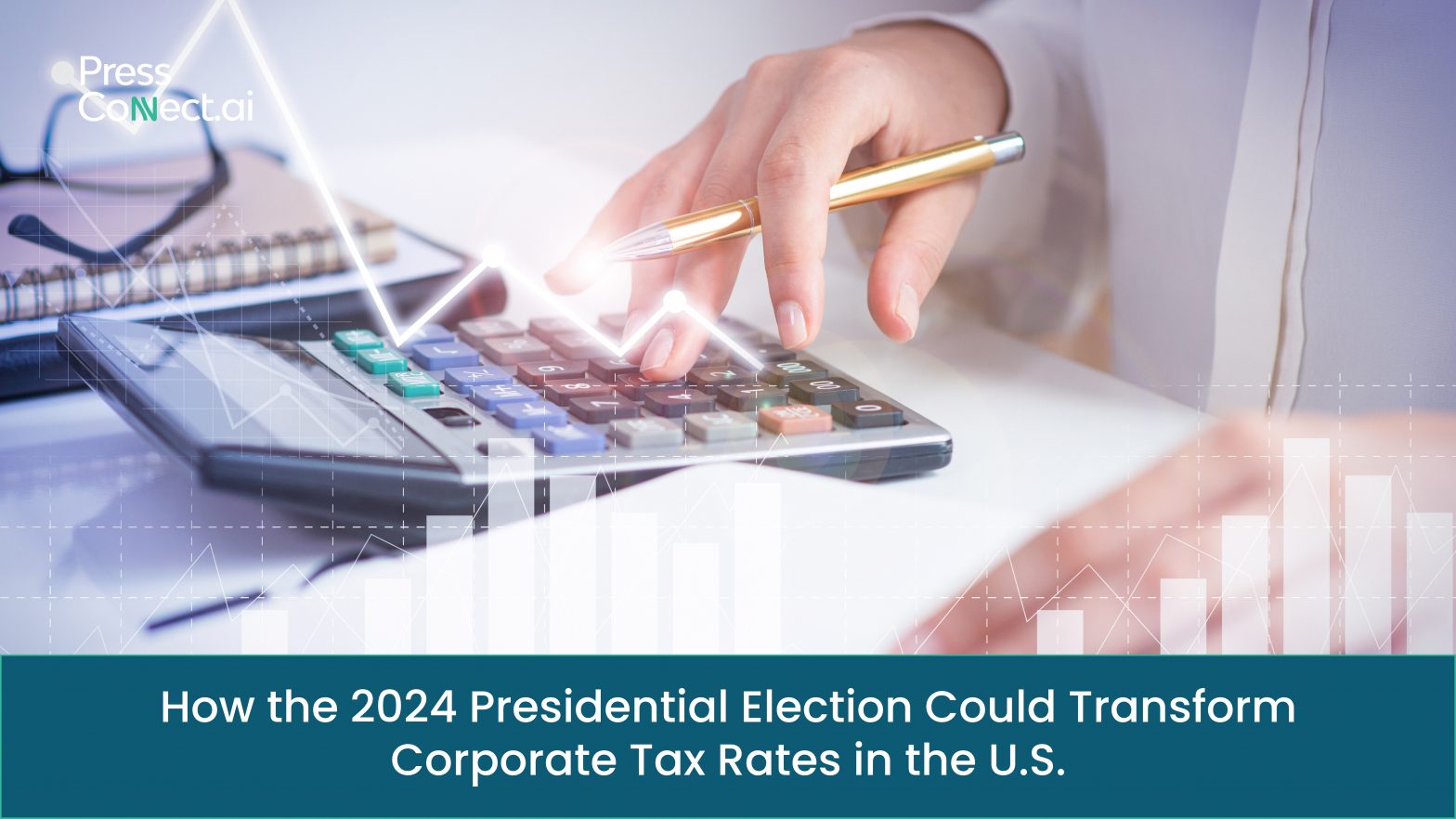How the 2024 Presidential Election Could Transform Corporate Tax Rates in the U.S.
The 2024 US presidential election may see significant reform to corporate tax rates in that one of the top contenders comes in with starkly different kinds of tax policies. The Democrat candidate, Vice President Kamala Harris, suggests potentially higher tax rates and follows similar kinds of broader fiscal policies based on more excellent social programs and infrastructure investment. Then there is former President Donald Trump: he favors reducing those rates and emphasizes ideas he thinks will spur more national growth and competition.
Catalysts recently hosted Ryan Principal and Income Tax Practice Leader Ian Boccaccio to discuss how each candidate’s approach might reshape the corporate tax environment. One key aspect is timing your deductions, Boccaccio said to Seana Smith and Madison Mills. If companies expect Harris to win and, therefore, rates to go up, they may delay some of the deductions until next year. “For example, a $100 deduction may produce a $21 benefit this year, but if rates rise, the same deduction will produce a $28 benefit next year,” he added. This could help corporations cope better with potential policy changes on taxes.
A Trump win might lower corporate taxes and have favorable fiscal policies for the earnings of corporations and investor sentiment, especially from the vantage point of companies that list on the S&P 500 (^GSPC). Lower rates could raise after-tax profits, thereby boosting earnings and, subsequently, stock prices. “Lower taxes will motivate investment in business expansion and job creation, which will filter down to everyday Americans,” states Boccaccio.
This is beyond the corporate world because the election’s outcome impacts individual taxpayers and investors. A Harris-led tax increase could fund social programs but may also mean reduced take-home pay for some high earners. In contrast, Trump’s policy could leave more disposable income in the hands of businesses and individuals, which would boost spending and investment.
The closer the date of the election approaches, the more corporations, investors, and individuals see these tax proposals because they know that tax policy directly affects business decisions, market stability, and personal financial planning.
Suggested Read:
Europe is at Risk for Over-Restricting AI, CNBC Reports
Intel’s $18.7B Restructuring Sparks 10% Stock Rally Amid Positive Revenue Surprise






